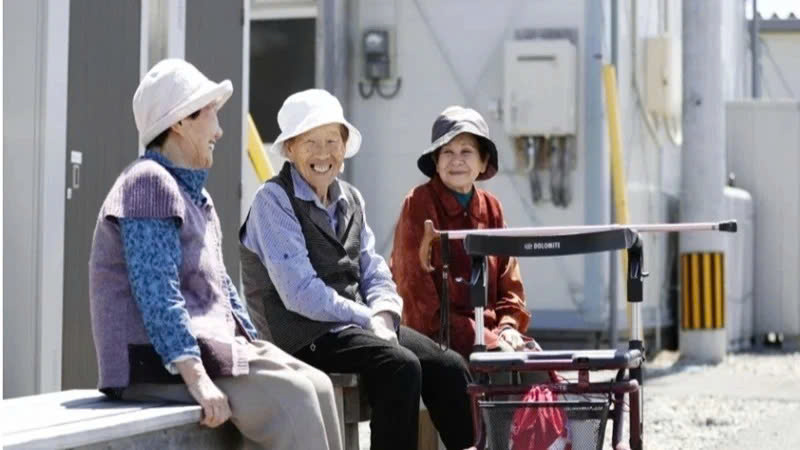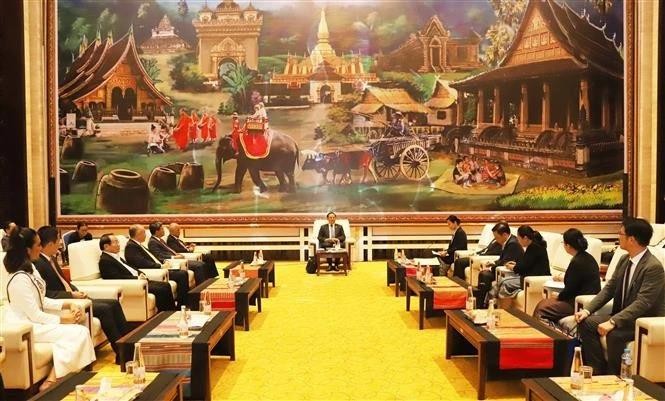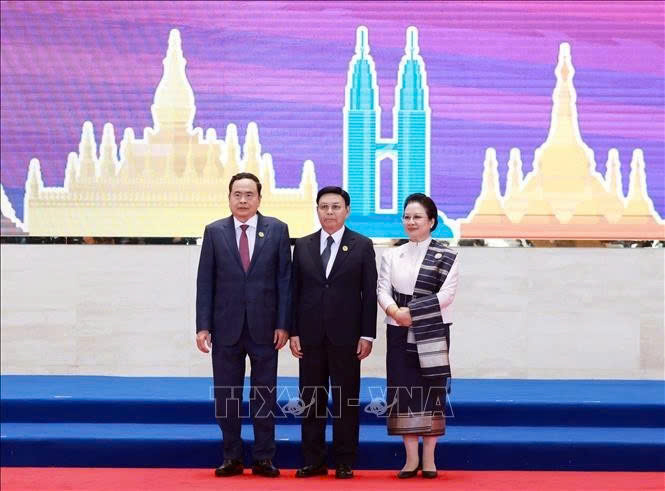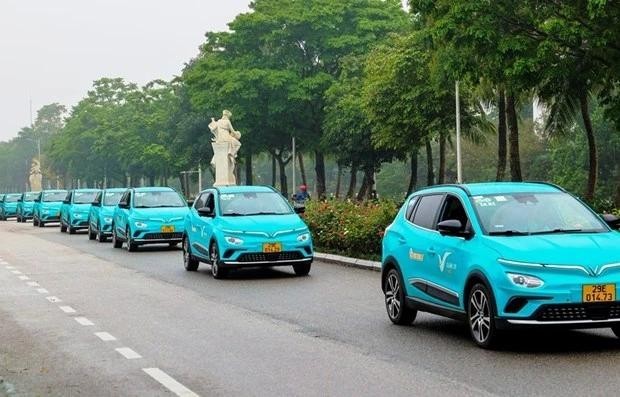Population aging is becoming a shared challenge for many countries, from developed economies like Germany and Japan to developing ones like Thailand and Malaysia. The United Nations has identified "population aging” as a prominent trend of the 21st century, affecting every aspect of society. According to forecasts from the United Nations Population Fund (UNFPA), the global population aged 60 and above will reach 2.1 billion people by 2050.
Italy’s National Institute of Statistics (ISTAT) reported that the elderly population in Italy increased from 9.1 million in 1994 to 14.1 million in 2023. In Asia, Japan and the Republic of Korea are prime examples of rapidly aging populations coupled with low birth rates. The Asian Development Bank (ADB) has warned that the number of people over 60 in the Asia-Pacific region is expected to rise to 1.2 billion by 2050, urging countries to implement comprehensive policy reforms to support the welfare of the elderly.
The Republic of Korea declared a national population emergency as the working-age population is expected to drop by nearly 10 million by 2044. The Republic of Korea is projected to become a highly aging society by 2072, with an average age of 63.4. Experts attribute the declining birth rates in many countries to a variety of factors, such as the decline in marriage, with many people having had difficulties in finding partners due to the COVID-19 pandemic, changes in life concepts, and financial concerns.
While the growing elderly population is a testament to advances in healthcare, with improved health programmes increasing life expectancy, an aging economy faces numerous challenges. Low birth rates and an aging population raise concerns about severe labour shortages, hindering economic growth. Aging also strains healthcare and social welfare systems, necessitating investments in healthcare equipment and infrastructure. According to the Japanese government, with the ongoing aging trend, the annual average per capita nursing care cost is expected to reach 235,000 yen by 2050.
The critical task for nations is how to proactively embrace the "aging wave”, turning the elderly into a driving force for social development rather than a burden. Many countries are focusing on increasing birth rates, one of the main factors in the rapid aging trend.
The Japanese government passed a law requiring companies to disclose information on maternity leave use and other measures to encourage fathers to contribute more to household responsibilities, aiming to raise birth rates. Elderly people are also increasingly encouraged to continue contributing to society and the economy based on their health conditions.
China is implementing several measures to encourage elderly participation in community and social activities, such as patrolling, childcare, and assisting people with disabilities.
While population aging presents many challenges, it also offers opportunities. With their valuable knowledge and experience, the elderly can play an active role in contributing to the overall development of society, provided nations have systematic strategies to adapt to this demographic shift.
Source: NDO












.jpg)
